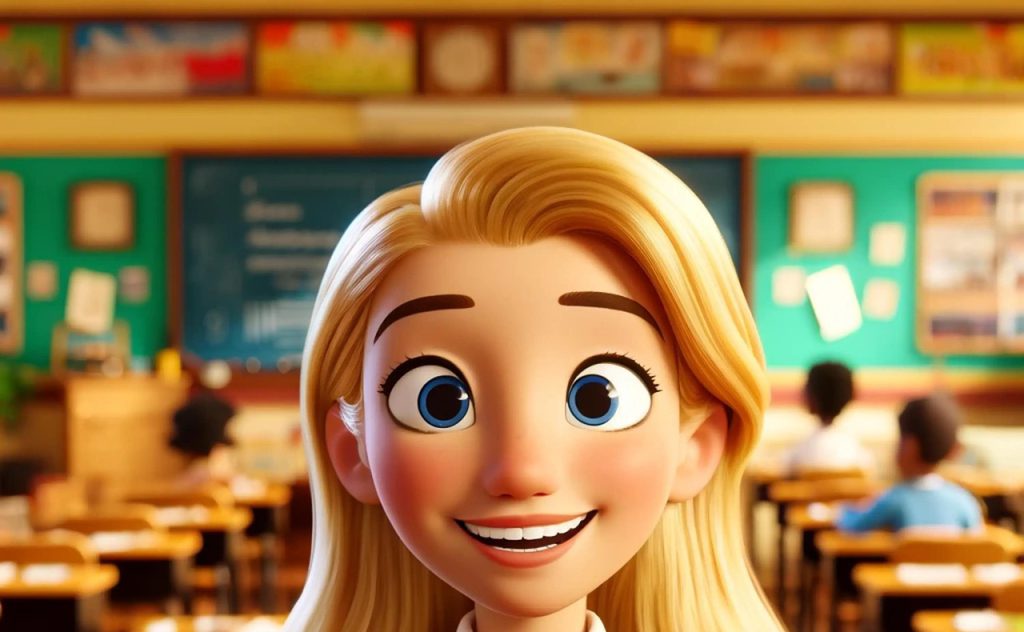Introduction: The Fusion of Creativity and Technology 🌐🎬
In recent years, Artificial Intelligence (AI) has emerged as a game-changer in various industries, including the world of animation. Traditional animation, which once required countless hours of manual labor, is now being transformed by AI-driven tools that streamline workflows, enhance creativity, and reduce production time. This digital evolution is not only making animation more accessible to creators worldwide but is also pushing the boundaries of storytelling and visual artistry.
From automating tedious frame-by-frame processes to generating realistic character movements and lifelike environments, AI is reshaping how animations are conceptualized, designed, and produced. This article explores how AI is reinventing animation, the tools leading this revolution, and what the future holds for this vibrant art form.
The Role of AI in Modern Animation 🖥️📽️
AI’s impact on animation can be observed in several key areas:
-
Automated Frame Creation 🖼️:
Traditionally, animators needed to draw each frame by hand, a time-consuming process. AI-powered tools like Adobe Sensei and DeepMotion now use machine learning to generate in-between frames automatically, reducing production time while maintaining fluid motion. -
Character Animation and Motion Capture 🕺💃:
Motion capture, once limited to high-budget studios, has become more accessible thanks to AI. Platforms like RADiCAL and Plask use AI to capture and replicate human movements using just a webcam, eliminating the need for expensive equipment and complex setups. -
Facial Animation and Lip Syncing 😊🗣️:
Creating realistic facial expressions and syncing character dialogue with lip movements can be challenging. AI tools such as NVIDIA Audio2Face and Adobe Character Animator analyze audio inputs and generate precise facial animations, streamlining this process. -
Procedural Environment Generation 🌲🏙️:
Building detailed backgrounds and immersive worlds is essential for animation. AI-driven platforms like NVIDIA Omniverse and Unity’s AI-assisted tools can create realistic landscapes and cityscapes, saving time and enhancing visual quality.
Popular AI Tools Transforming Animation 🛠️✨
- Adobe Sensei: Integrated into Adobe Creative Cloud, Sensei automates tasks like rotoscoping, frame interpolation, and character rigging, enabling faster workflows.
- DeepMotion: Specializes in AI-based motion capture and physics simulation, bringing characters to life with realistic movements.
- Runway ML: A versatile platform that uses AI to generate video effects, enhance animations, and automate video editing tasks.
- NVIDIA Omniverse: A collaborative platform for 3D design and simulation, Omniverse uses AI to create detailed environments and realistic physics.
- RADiCAL: Democratizes motion capture with AI, allowing creators to animate characters using simple video recordings.
Advantages of Using AI in Animation 🚀📈
✅ Faster Production: AI automates repetitive tasks, reducing the time needed to create high-quality animations.
✅ Cost-Effective: By streamlining workflows, AI helps reduce production costs, making animation more accessible to independent creators and small studios.
✅ Enhanced Creativity: With AI handling technical tasks, animators can focus more on storytelling and artistic expression.
✅ Realistic Movements: AI-driven motion capture and physics simulation ensure natural character movements and interactions.
✅ Scalability: AI allows studios to produce large-scale animations more efficiently, meeting the growing demand for content across platforms like streaming services, gaming, and social media.
Challenges and Ethical Considerations ⚖️🤔
While AI offers numerous benefits, it also presents challenges and ethical concerns:
- Job Displacement: As AI automates certain tasks, there is concern about the impact on traditional animators and artists. However, many experts believe that AI will complement human creativity rather than replace it.
- Copyright and Originality: AI-generated content raises questions about intellectual property and artistic ownership. Clear guidelines are needed to address these issues.
- Ethical Use of AI: Ensuring that AI is used responsibly, without perpetuating bias or misinformation, is essential.
The Future of AI in Animation 🌟🔮
The future of animation with AI looks promising, with advancements that will continue to expand creative possibilities. As AI becomes more sophisticated, we can expect:
- Hyper-Realistic Animations: AI will enable even more lifelike characters and environments, blurring the line between animation and reality.
- Interactive Storytelling: AI-powered animations will allow for personalized and immersive storytelling experiences, especially in gaming and virtual reality (VR).
- Collaborative Workflows: AI platforms will foster greater collaboration between artists, developers, and writers, leading to richer and more diverse content.
- Accessibility for All: With affordable AI tools, aspiring animators worldwide will have the opportunity to bring their stories to life, democratizing the animation industry.
Conclusion: Embracing the AI Revolution in Animation 🧠🎨
Artificial Intelligence is undeniably transforming the world of animation, making it faster, more efficient, and accessible. By automating repetitive tasks and enhancing creative possibilities, AI empowers animators to focus on storytelling and artistic expression. While challenges like job displacement and ethical concerns must be addressed, the future of animation is bright, with AI opening new doors for creativity and innovation. As technology continues to evolve, we can look forward to a future where animation is limited only by imagination.


